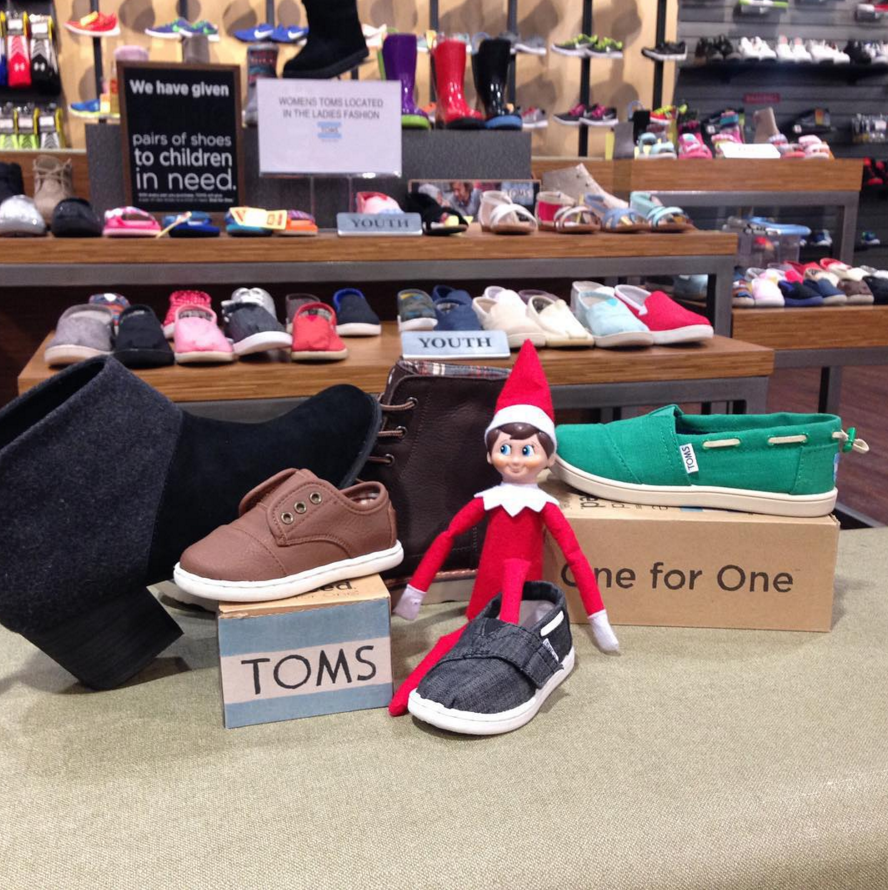There are always going to be people who shop on price alone. These are the people who get the Thanksgiving turkey in the oven by 6 am so they can have an early dinner and beat the crowds to the big-box super sales; these are the people who are so good at clipping, doubling, and stacking coupons that the cashier pays them for the groceries in their carts.
But then there are the Millennials, who, [according to Nielsen](http://www.nielsen.com/us/en/press-room/2014/global-consumers-are-willing-to-put-their-money-where-their-heart-is.html), represent 51% of the consumers who are willing to pay premium prices for goods that they feel good about buying. This group is also more loyal to brands whose values align with their own, buying repeatedly from companies with strong stances of social and environmental sustainability.
A study published last year in the Journal of Consumer Research theorized that “ethical consumption” is just a way for a consumer to turn an abstract system of beliefs into action, via the dollar.
The study identified three feelings as the ones that open consumers’ hearts and wallets:
2) Concern for the victims of unethical consumerism (starving polar bears, slaves used in the Thai fishing industry);
3) Celebration, or the self-satisfaction gotten from making ethical purchase choices.
“To change society, one must also change people’s hearts. Sentiments ignite passion, fuel commitment, and literally move people to action,” writes the study’s author, Ahir Gopaldas.
Emotions do influence how and what we buy. But the study doesn’t explain why Millennial consumers make up such a disproportionate amount of the group that is willing to pay more for products that speak to their values.
The differentiator may be the way that Millennials use social media to both shape and reinforce their identities.
We already know that this age group—the digital natives—participate in social media at a much higher rate than older consumers. About 85 percent of the approximately 80 million Millennials in the US [own smartphones](http://www.nielsen.com/us/en/insights/news/2014/mobile-millennials-over-85-percent-of-generation-y-owns-smartphones.html), and they are [“super checkers”](http://www.adweek.com/socialtimes/survey-35-of-users-check-their-phones-more-than-50-times-per-day/625327)—they look at their phones upwards of 50 times every day.
When you take this information into account alongside the fact that [73 percent of people] http://templatelab.com/the-psychology-of-sharing/ say they share information to support causes or issues they care about, and 85 percent say reading other people’s responses helps them process information, you are essentially seeing that online conversations shape and refine belief systems and reinforce online identities.
With Millennials using social media platforms so much more than other age groups, it follows that they would have more opportunities to be exposed to brand messaging, more opportunities to test those messages for values that align with their own, and more opportunities to become social media evangelists for the brands that they buy.
It’s one reason that content marketing continues to be such an effective strategy.
Millennials are searching for the stories behind the brands.
And, with $200 billion in annual purchasing power, they are proving that captivating stories can have a huge payoff.











